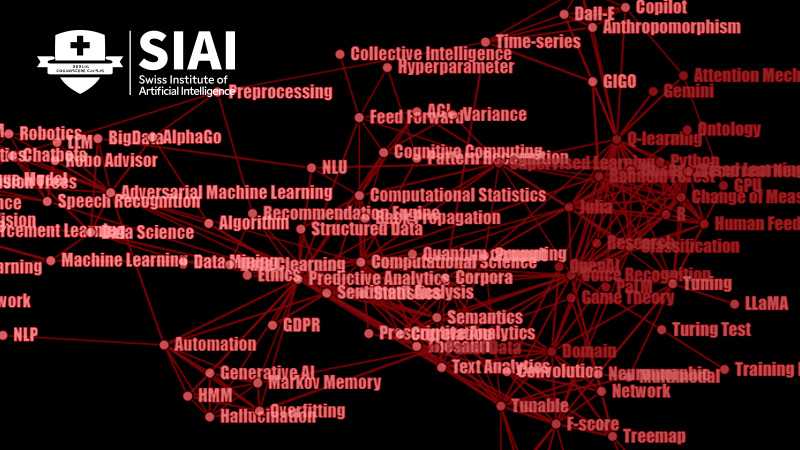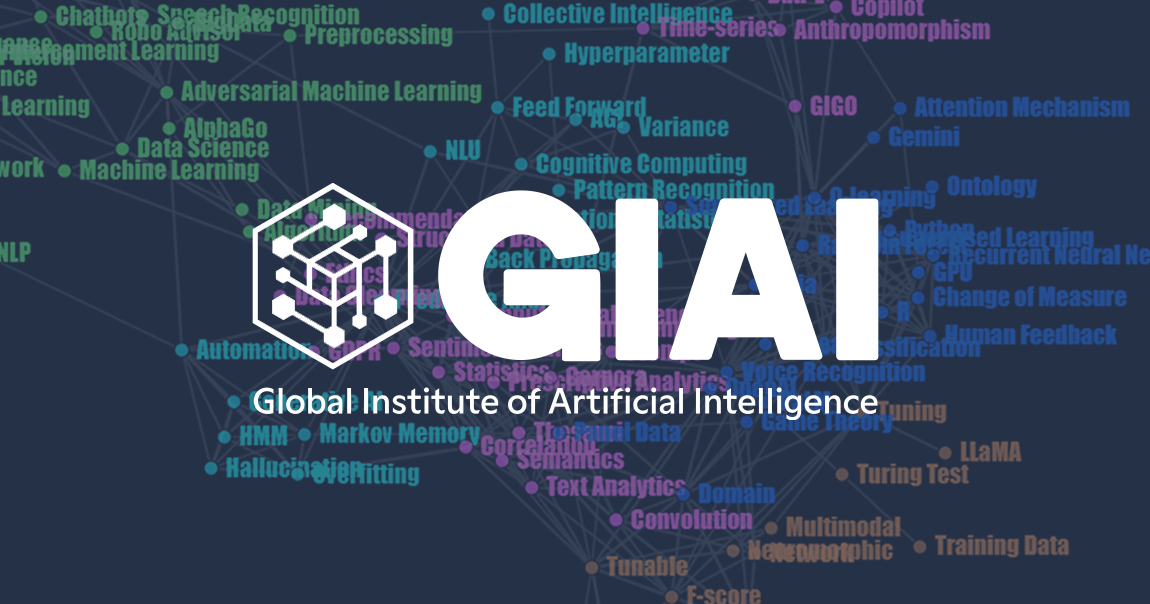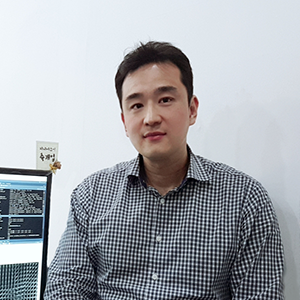


AI and robotics remain narrow tools, excelling only in tightly defined tasks Human versatility—handling exceptions, combining roles, and adapting to context—remains the decisive advantage Education policy must prioritize training for this versatility, turning automation into complement rather than substitute
Read More




This article is based on ideas originally published by VoxEU – Centre for Economic Policy Research (CEPR) and has been independently rewritten and extended by The Economy editorial team. While inspired by the original analysis, the content presented here reflects a broader interpretation and additional commentary. The views expressed do not necessarily represent those of VoxEU or CEPR.
Read More
This article is based on ideas originally published by VoxEU – Centre for Economic Policy Research (CEPR) and has been independently rewritten and extended by The Economy editorial team. While inspired by the original analysis, the content presented here reflects a broader interpretation and additional commentary. The views expressed do not necessarily represent those of VoxEU or CEPR.
Read More
This article is based on ideas originally published by VoxEU – Centre for Economic Policy Research (CEPR) and has been independently rewritten and extended by The Economy editorial team. While inspired by the original analysis, the content presented here reflects a broader interpretation and additional commentary. The views expressed do not necessarily represent those of VoxEU or CEPR.
Read More
This article was independently developed by The Economy editorial team and draws on original analysis published by East Asia Forum. The content has been substantially rewritten, expanded, and reframed for broader context and relevance. All views expressed are solely those of the author and do not represent the official position of East Asia Forum or its contributors.
Read More
This article was independently developed by The Economy editorial team and draws on original analysis published by East Asia Forum. The content has been substantially rewritten, expanded, and reframed for broader context and relevance. All views expressed are solely those of the author and do not represent the official position of East Asia Forum or its contributors.
Read More
This article is based on ideas originally published by VoxEU – Centre for Economic Policy Research (CEPR) and has been independently rewritten and extended by The Economy editorial team. While inspired by the original analysis, the content presented here reflects a broader interpretation and additional commentary. The views expressed do not necessarily represent those of VoxEU or CEPR.
Read More

I have spent years in AI and data science, believing that structured models and quantitative analysis were the future. That perspective changed the moment I became a target of an orchestrated misinformation campaign—one that wasn’t random but designed to destroy my credibility, my institution’s reputation, and my work.
Read More

한국 2030 취업 시키는 방법? - 나라 망한거 인정하고 Remote로라도 해외 취직 시켜보면 어떨까? | GIAI Korea 위의 기고 글에서 제안했던 '글로벌 개발자 양성 프로그램'을 계획하고 있습니다. 이름 탓에 오해가 있겠지만, 국내 개발직군 취직을 위한 교육이 아닌만큼, 교육 내용과 교육 방식이 매우 다릅니다. 사실 개발자 교육이 아니라, 글로벌에서 많이 쓰이는 오픈소스 웹사이트 제작 프로그램 활용 능력 프로그램, 그에 따른 글로벌 프리랜서 시장 진입 지원 프로그램으로 보는 것이 더 맞을 것 같습니다만, 자세한 이해를 위해 아래를 참고해주시기 바랍니다. 글로벌 개발자 양성 프로그램 합계 3단계 교육 과정
Read More














